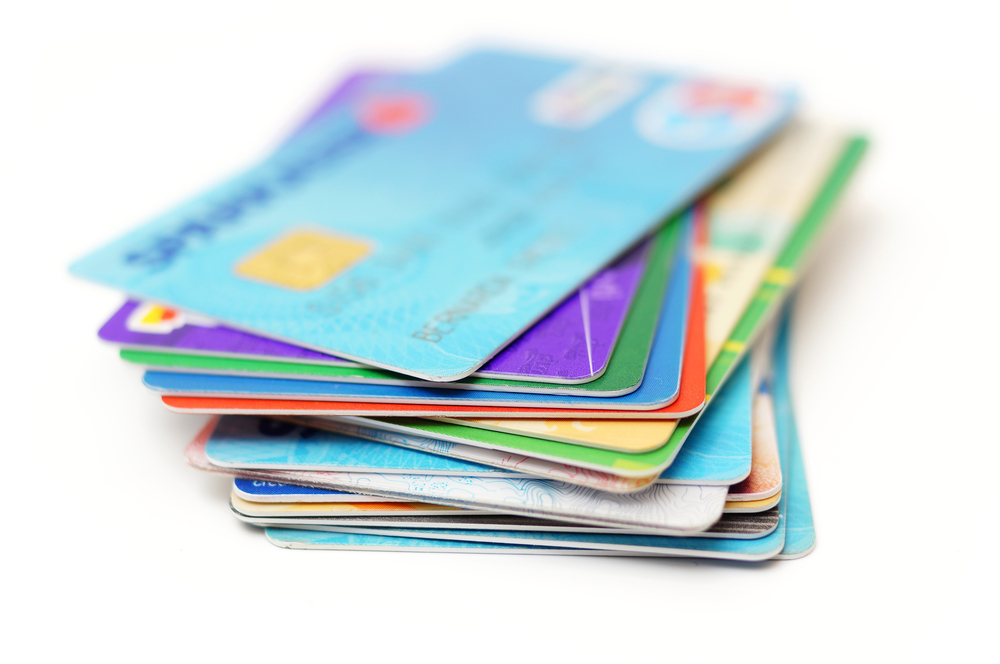It has been revealed that 50% of people who are behind on their bills have had suicidal thoughts or feelings in the last 20 months due to rising costs.
A quarter of those who have missed a payment, said they are contacted by creditors every one to two days and some with multiple debts or outstanding bills are receiving several letters, emails, or calls every day.
The problem has been heightened by the cost-of-living crisis and there are currently 5.2 million people behind on credit repayments, a rise of 1.5 million since November 2022.
Just under half of those who are behind on payments said they feel harassed or overwhelmed by the amount of messages they are receiving from creditors, according to the research from the charity Money and Mental Health Policy Institute.
The harassment felt by those who are behind on repayments rises with the number of messages they receive, 86% of those who receive five or more letters or emails a month said they felt harassed compared to 47% who received four or fewer.
Of those that received five or more phone calls a month, 91% of the 2,000 people asked by the charity said this had negatively impacted their mental health compared to 57% who received four or less calls.
It comes as millions of households will struggle to heat their homes this winter due to rising energy bills.
‘I could not see any other way out’
The charity also spoke to 264 people with mental health problems and in some cases, some said the constant bombardment from creditors contributed to them attempting to take their own life.
One participant told the charity: “Phone calls, receipt of emails and letters demanding repayment sent my anxiety levels through the roof and increased the severity of my depression.
“When my debts were passed on to debt collection agencies, the negative impacts on my mental health were multiplied by 10 times… I made four serious suicide attempts as I could not see any other way out of the debts I had incurred.”
Creditors are not allowed to contact people “at unreasonable intervals” according to guidance from the Financial Conduct Authority (FCA) but there are no specific limits set out.
The charity is now calling for the FCA to place a limit on how often creditors can contact people about missed payments.
It also wants the regulator to limit how often they contact someone who is behind on a payment, if they know the person has multiple creditors.
‘We need urgent action’
Martin Lewis, founder, chair and core funder of the Money and Mental Health Policy Institute, said: “While we understand that creditors have a right to contact those who owe them money, it has to be done with a recognition that mental health issues and debt crisis sadly, strongly, feed off each other.
“When done well, contact from creditors can help people to understand how much they owe and gives guidance and assurance about what they need to do next.
“The concern is heightened due to the cost-of-living crisis, a time when half of people who are behind on bills say they have felt suicidal too. Our message to the Government and regulators is simple. We need urgent action to prevent creating more unnecessary distress for people who are already under massive strain.”





